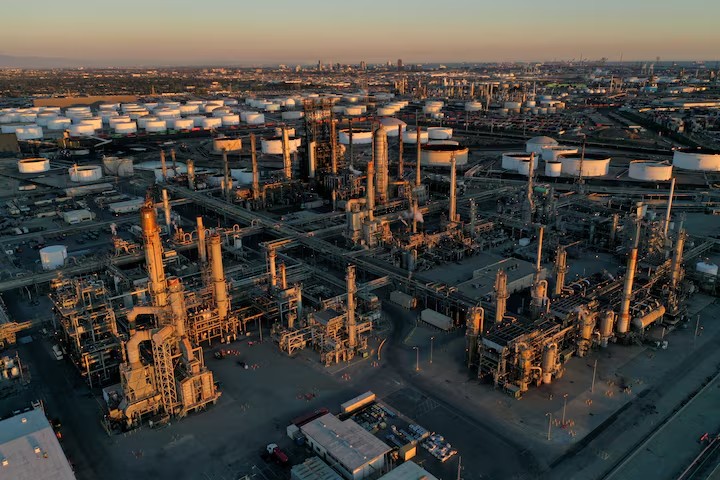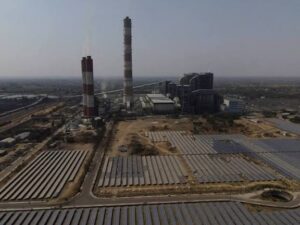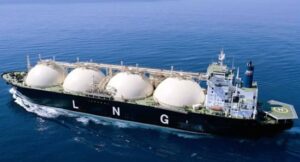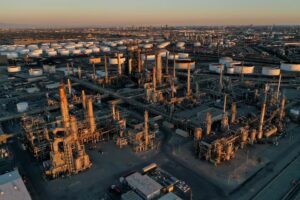Energy companies are racing to develop a new fuel pipeline to the U.S. West Coast after the planned shutdown of two major California refineries threatens to tighten supply and drive up gasoline prices.
West Coast drivers have long faced some of the nation’s highest fuel costs due to limited local production and minimal pipeline connections to the Gulf Coast. With no pipelines crossing the Rocky Mountains and only a few linking the Gulf Coast to California, supply disruptions can quickly push prices higher.
Phillips 66 has already begun winding down its Los Angeles refinery, while Valero Energy plans to close its Benicia plant in April. Combined, the closures could remove nearly 280,000 barrels of fuel per day from the market, creating a major opportunity for pipeline operators.
Three industry groups have proposed competing projects to fill the gap. They include HF Sinclair, a unit of pipeline operator ONEOK, and a partnership between Phillips 66 and midstream company Kinder Morgan. Analysts say the first project to secure firm commitments from fuel shippers is likely to be the one that moves forward, as multiple pipelines would reduce profitability.
California’s political environment may also favor new projects. Governor Gavin Newsom faces pressure to prevent further spikes in fuel prices, creating a rare window for fossil fuel infrastructure approvals in a state known for strict environmental policies.
Projects that reuse existing pipelines are seen as more likely to succeed, as regulatory approval is generally faster. The involvement of refiners in the proposals may also give them an advantage, since they can guarantee some of the supply needed to finance construction.
Despite the rush, some refining executives remain cautious. They argue that California’s access to imported fuel via tanker provides flexibility and cost benefits that pipelines cannot match. Valero, for instance, prefers waterborne shipments, which allow it to source barrels globally and take advantage of price differences in international markets.
As the West Coast faces potential fuel shortages, the energy industry watches closely to see which pipeline project, if any, will secure the go-ahead.









